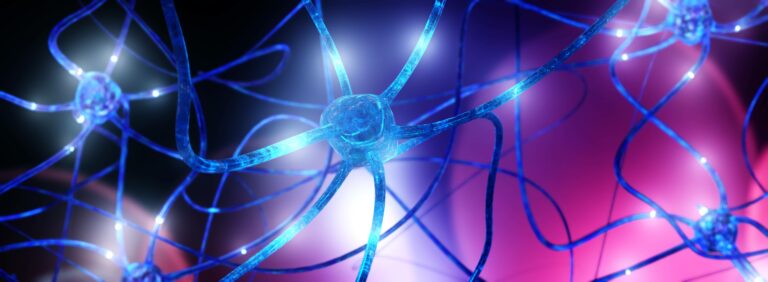There’s a mental shortcut many of us use every day without realizing it, and it might be quietly shortening the quality of our mental life. This shortcut is called a heuristic—a simple rule or “rule of thumb” that helps us make decisions quickly without having to think through every detail. While heuristics can save time and effort, they often lead to mistakes in judgment and thinking.
Imagine you meet someone new and instantly decide if they’re trustworthy based on just one thing—maybe their smile or the way they dress. That’s your brain using a heuristic to form an impression fast. But this quick judgment can be misleading because it ignores other important information about that person. This kind of shortcut is why biases like the halo effect happen, where one positive trait makes you overlook flaws or negative traits.
Heuristics are helpful when we need fast answers, especially under stress or when we have too much information to process at once. Our brains get overloaded easily, so these shortcuts reduce cognitive load by simplifying complex problems into manageable chunks. However, relying too much on them means we might miss important details or fall into patterns of bad decision-making.
For example, optimism bias makes people overestimate good outcomes even when evidence suggests otherwise—like expecting success in risky situations without proper caution. Confirmation bias leads us to notice only facts that support what we already believe while ignoring anything contradictory. These biases shape how we see ourselves and others but can also worsen anxiety and depression by reinforcing negative thoughts.
Another problem with these shortcuts is catastrophizing—when small problems feel like disasters waiting to happen—which raises stress hormones in our body and impairs clear thinking further. When this happens repeatedly, it harms relationships because fear-driven reactions replace calm conversations.
The tricky part is that these mental shortcuts feel natural; they’re automatic responses designed for efficiency but sometimes at the cost of accuracy and emotional health. To protect your mental life from shrinking under these shortcuts:
– Become aware when you’re making snap judgments.
– Question whether your first impression might be missing key facts.
– Practice slowing down decisions during stressful moments.
– Challenge overly optimistic expectations with realistic checks.
– Notice if you focus only on confirming beliefs rather than exploring all sides.
– Work on managing anxiety so catastrophizing doesn’t take over your thoughts.
By recognizing how heuristics influence your thinking—and gently pushing back against their limits—you create space for clearer understanding instead of rushed conclusions that narrow your perspective over time.
Your mind deserves more than quick fixes; it thrives when given room for thoughtful reflection beyond those tempting mental shortcuts that promise speed but steal depth from how you experience life mentally and emotionally.





